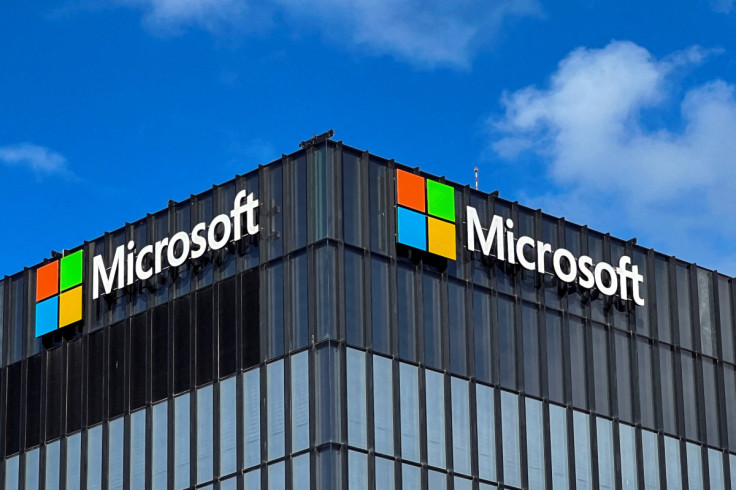Microsoft's Teams Office Separation Sparks Antitrust Controversy
In a significant move aimed at addressing antitrust concerns, Microsoft has announced its decision to sell its chat and video app, Teams, separately from its Office product globally. This strategic decision follows the unbundling of the two products in Europe six months ago, a measure taken by the tech giant to avoid potential antitrust fines from the European Commission.

The European Commission had initiated an investigation into Microsoft's tying of Office and Teams following a complaint filed in 2020 by Slack, a competing workspace messaging app owned by Salesforce. Teams, initially integrated into Office 365 in 2017 at no additional cost, has rapidly gained popularity, especially during the pandemic, owing to its robust video conferencing capabilities.
However, rivals have raised concerns that bundling the products together provides Microsoft with an unfair advantage in the market. To address these concerns and ensure transparency for customers, Microsoft began selling the two products separately in the European Economic Area (EEA) and Switzerland last year.
A Microsoft spokesperson stated, "To ensure clarity for our customers, we are extending the steps we took last year to unbundle Teams from M365 and O365 in the European Economic Area and Switzerland to customers globally." This move aims to provide multinational companies with more flexibility in their purchasing decisions across different geographies.
In line with this decision, Microsoft has introduced a new lineup of commercial Microsoft 365 and Office 365 suites globally, excluding Teams from regions outside the EEA and Switzerland. Additionally, a standalone Teams offering for Enterprise customers in those regions will be available, starting April 1.
Customers have the option to continue with their current licensing deals, renew, update, or switch to the new offers. For new commercial customers, prices for Office without Teams range from $7.75 to $54.75, depending on the product, while the standalone Teams offering will cost $5.25. Pricing may vary by country and currency, though the company did not disclose prices for current packaged products.
Despite these measures, Microsoft's unbundling efforts may not be sufficient to ward off potential EU antitrust charges. Critics argue that the fees charged by Microsoft and the compatibility of their messaging services with Office Web Applications in rival services remain contentious issues.
Microsoft's history with EU antitrust fines, totaling 2.2 billion euros ($2.4 billion) over the past decade for bundling multiple products together, underscores the seriousness of the situation. The tech giant faces the prospect of a fine of up to 10% of its global annual turnover if found guilty of antitrust breaches.
This move by Microsoft reflects ongoing efforts by tech companies to navigate regulatory scrutiny and maintain competitive balance in the market. As the digital landscape continues to evolve, the outcome of Microsoft's antitrust case will have far-reaching implications for the future of competition and innovation in the tech industry.
© Copyright IBTimes 2024. All rights reserved.





















